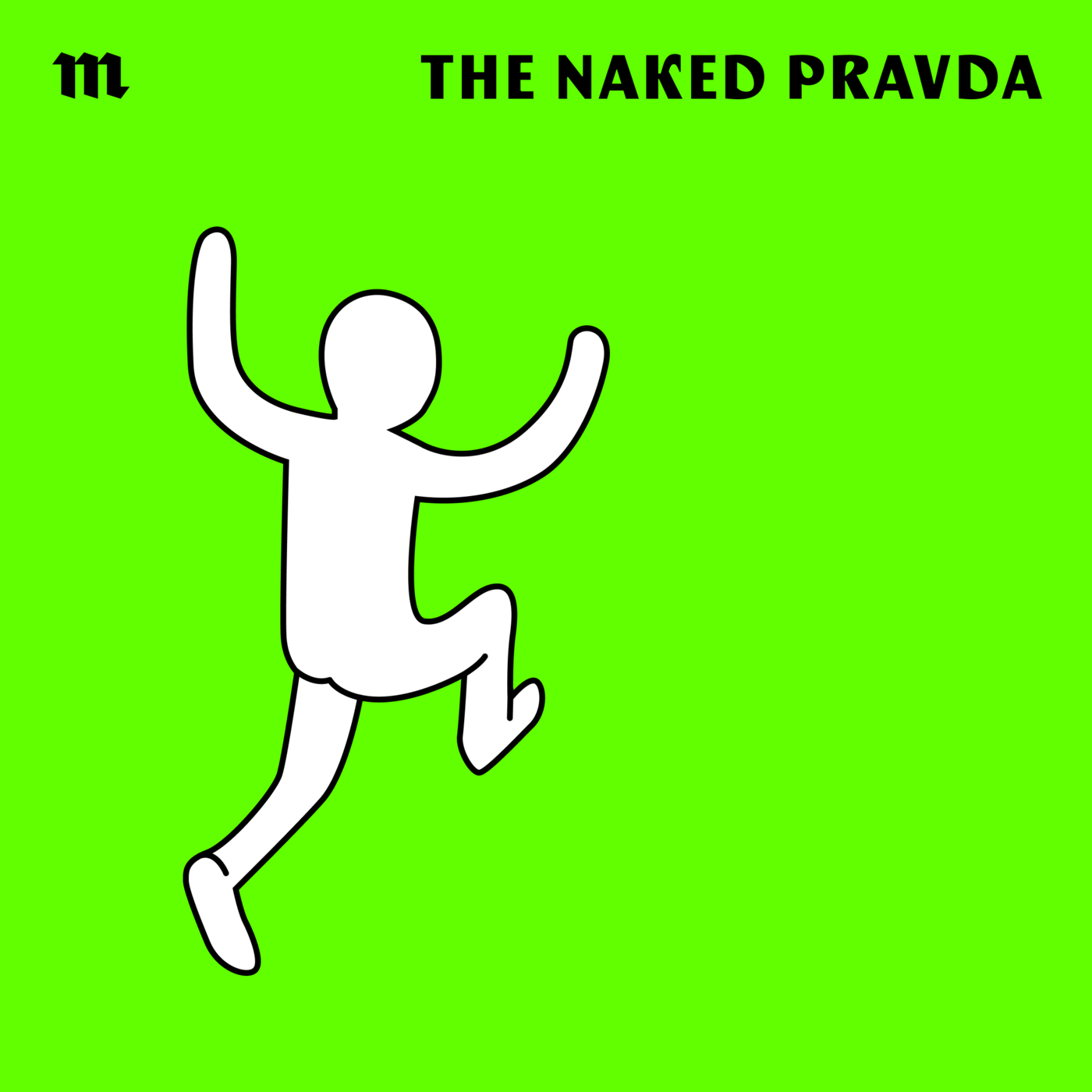
Deep Dive
- Widespread outages affected popular online services in Russia.
- Experts believe the Russian government is testing its ability to block Telegram.
- DPI technology is suspected to be involved in the disruptions.
Shownotes Transcript
Russia’s federal censor has been throttling YouTube playback speeds for the last month or so, just like it slowed Twitter data transfer speeds back in 2021. Throughout August, Russian Internet users have reported sudden and widespread outages in access to popular apps and services like Telegram, WhatsApp, Skype, Wikipedia, Steam, Discord, and more. While the RuNet crackdown has become a familiar feature of the Putin regime, its technical side is hard to understand.
For help with the science of Russian Internet censorship and surveillance, Meduza spoke to Sarkis Darbinyan), a senior legal counsel to the digital rights group RKS Global (which recently published a report titled “State of Surveillance: A Study on How the Russian State, Through Laws and Technology, Carries Out Digital Surveillance)”) and Philipp Dietrich), a project officer for the “Risks of the Sovereign Internet for Russia and Beyond” project at the German Council on Foreign Relations’s Center for Order and Governance in Eastern Europe, Russia, and Central Asia.
Timestamps for this episode:
-
(3:58) The technical underbelly of Internet throttling
(6:24) Telegram’s public role and past political controversies in Russia
(10:05) Police surveillance tools and data leaks
(19:15) Meet SORM, the FSB’s surveillance system
(30:54) VPNs, Google Global Cache, and the Internet’s CDN infrastructure
Как поддержать нашу редакцию — даже если вы в России и вам очень страшно)